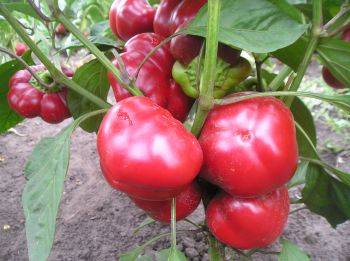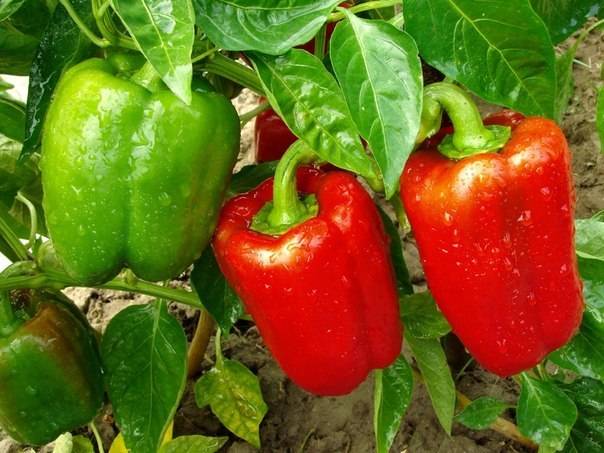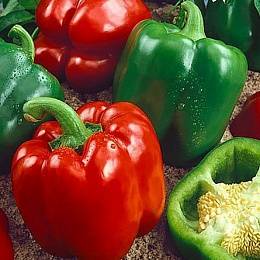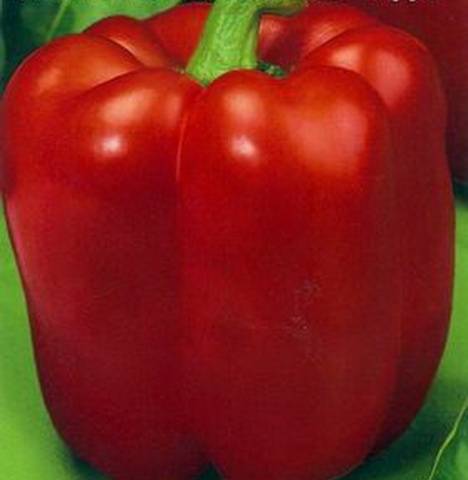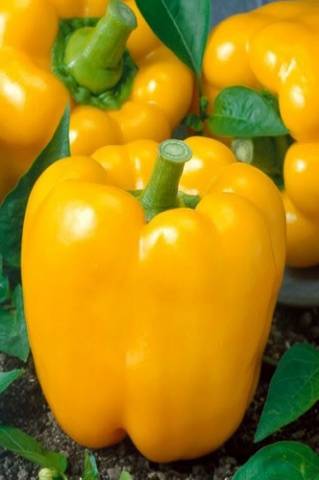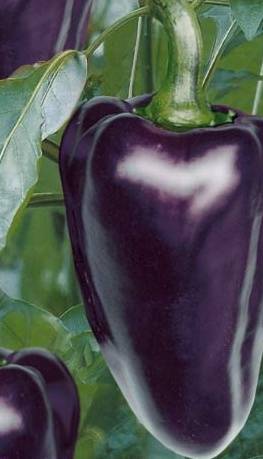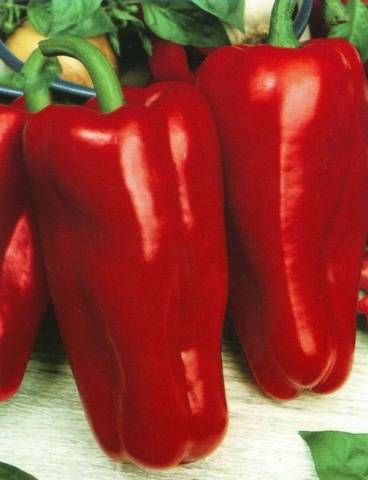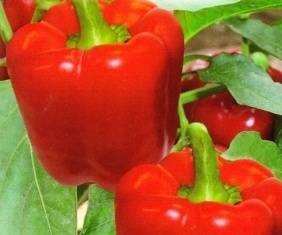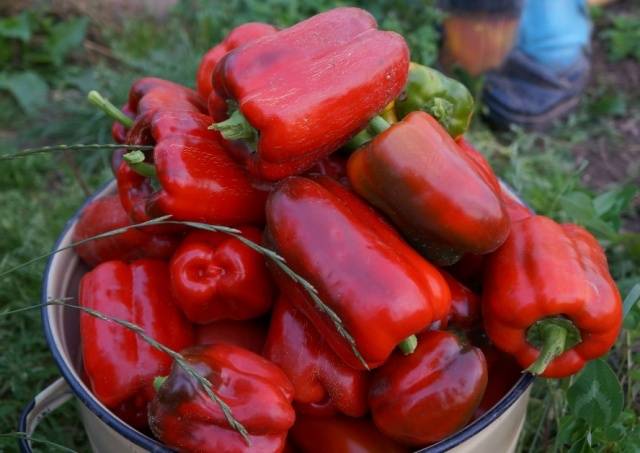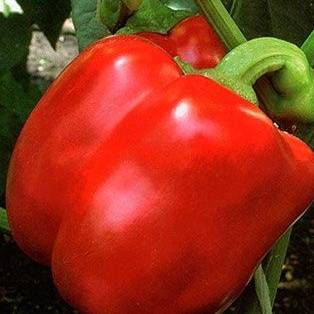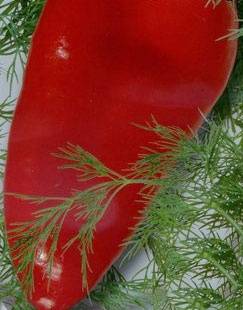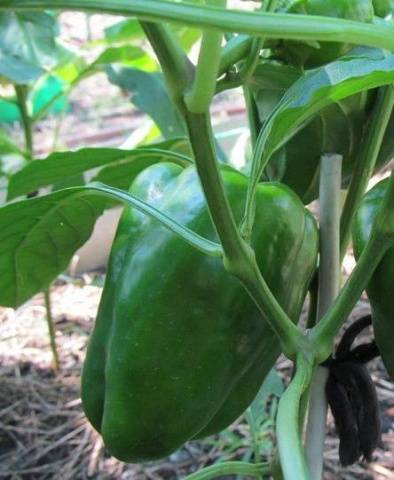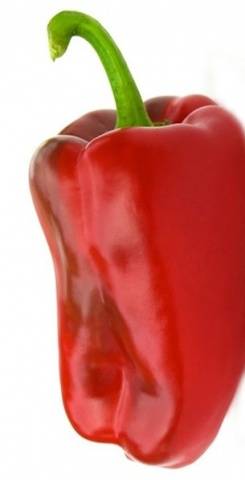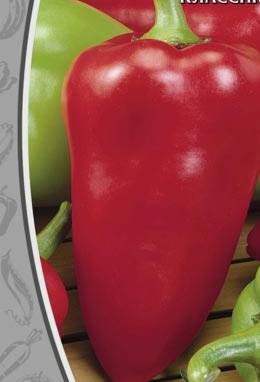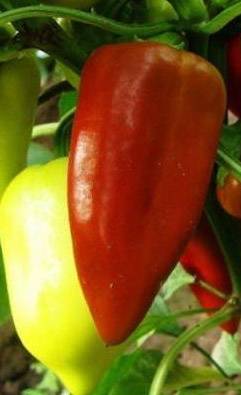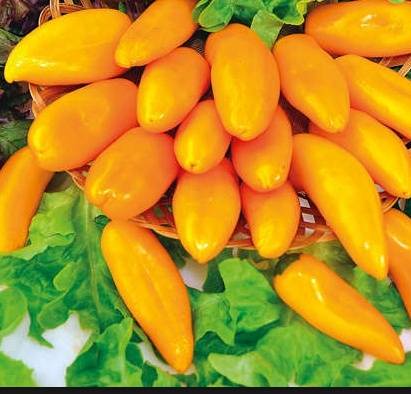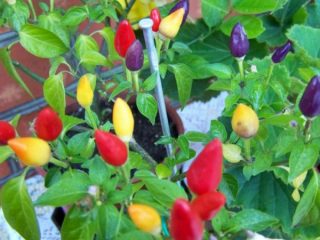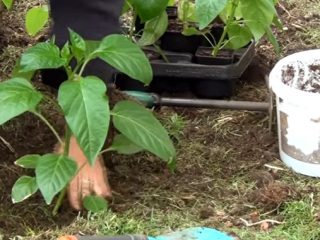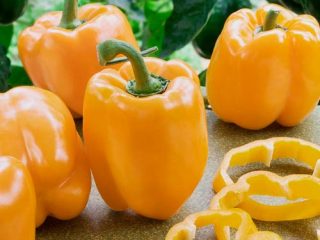Content
Sweet pepper fruits are not only intended for preservation or cooking. The vegetable is eaten raw, and the fleshy it is, the tastier it is. Thick-walled peppers saturated with a sweetish aftertaste with juice, which is very tasty in fresh salads. To grow a vegetable with fleshy walls, the culture needs to create a suitable climate and feed it on time. However, it is also important to choose the right seed material. Today we will consider the varieties of thick-walled pepper for Siberia and find out which of them the summer residents of the cold region like to grow.
The best Siberian varieties with thick flesh
It must be said right away that special varieties of pepper have been developed for the Siberian region that are resistant to the harsh climate. Basically, these are crops of the early ripening period, but there are also mid-early ones. The fast ripening period of fruits is justified by the short Siberian summer. During this period, the vegetable must have time to ripen. Observing the rules of agricultural technology, vegetable growers get good harvests on open and closed grounds. When buying seeds, a beginner should know that varieties for Siberia are marked on the package with the appropriate inscription. Let's start our review of thick-walled peppers, as always, with the most popular ones.
Gingerbread man
The popular Siberian pepper is from the early ripening period. A plant with a small bush size bears fruit well in the garden and under the film. The fruits are medium, weighing a maximum of 90 g, but very fleshy. The wall thickness reaches 9 mm.
Firstborn of Siberia
The variety was developed in western Siberia. The culture belongs to the mid-early ripening period. A low-growing plant with a maximum bush height of 45 cm bears fruits weighing about 53 g. Despite its small size, the fruits are very fleshy with a wall thickness of about 10 mm. From the moment of ripening to full ripeness, the peppercorns change color from yellow-green to deep red. The value of the vegetable is juicy pulp with a characteristic aroma. The first crop is harvested 110 days after planting the seedlings. From 1 m2 up to 4 kg of fruit can be removed.
Novosibirsk
The culture belongs to the early ripening period and was bred specifically for the botanical garden. Sowing seeds is best done in February, and after 2 months, the seedlings are planted in a greenhouse. The first crop of peppers can be harvested after 10 days. Tall bushes can grow up to 1 m in height. From 1 m2 about 4 kg of crop can be harvested. Small red peppercorns are scattered on the bush. 1 fruit weighs a maximum of 58 g. The pulp is juicy, fragrant, 6 mm thick.
Siberian
The culture belongs to the middle ripening period. The plant tolerates cold weather, and the ovary continues even in poor conditions. However, the variety is intended for greenhouse cultivation, even if the building is not heated. Low-growing bushes grow up to a maximum of 60 cm in height. From 1 m2 about 7 kg of crop can be harvested. Ripe fruits turn red. The thick pulp is saturated with aromatic juice. The peppercorns grow medium and large in size, weighing up to 150 g. The first harvest can be obtained on 118 days after planting the seedlings.
What do Siberian summer residents say about thick-walled peppers and their varieties
Today, Siberian summer residents, thanks to a huge selection of varieties, can grow sweet peppers on their site. Whoever has the opportunity to build a greenhouse. It is easier to cover small beds with foil, protecting the plant from cold nights. Of course, thick-walled vegetables are most appreciated. Experienced summer residents are advised to choose the most unpretentious varieties.
Based on the advice of home vegetable growers, the following rating was compiled:
- Pepper fruit "Montero" delicious fresh or in any preparation. During ripening, the peppercorns change color from green to red, but the juiciness and aroma of the pulp always remain at their best.
- Peppers "United" are a favorite variety of Siberian vegetable growers. Undemanding and taking root in any conditions, the plant bears tasty juicy fruits.
- Lovers of large peppers will love the yellow fruit. "Silvia"... A delicious thick-walled vegetable will decorate any dish.
- Another popular Siberian variety "Topolina" bears fleshy fruits weighing about 150 g. It is convenient to cover the undersized plant with a film from the night cold.
- Varieties are distinguished from crops of the early ripening period "Sonata", "Kubyshka", "Barguzin", "Kudesnik"... They all bear fruit with fleshy walls.
- For growing thick-walled peppers in open and closed beds, the variety is recommended "Swallow".
- The meaty vegetable is good for preserving. Here you can pay attention to "Gift of Moldova" and "Victoria".
- Small in size, but very fleshy and rich in juice of peppers varieties "Zaznoba", "Purple Star of the East", "Marabou".
- In addition to the thick walls, the pulp of the pepper in fresh salads should be tender. Variety "Player" real gourmets will like it.
- Cultivar culture "Alesha Popovich" refers to the middle ripening period. The value of the fleshy fruit in a thin crust.
Having dealt with the favorite varieties of peppers of Siberian summer residents, let's hear what they say about this vegetable:
- It is best to give preference to hybrids of the early and mid-early ripening period. The more sugar the pulp contains, the tastier and more appreciated the vegetable is. Naturally, the amount of vitamin and pulp depends on the size of the pepper. However, you need to know that the taste of fleshy and thin-walled fruits are very different.
- Yield is an important trait, but it can be neglected for the sake of taste. It is important for owners of small plots to choose any yielding varieties. The choice of a variety for plant height depends on its growth. For indoor ground, tall bushes are chosen, and in open beds it is better to plant low-growing plants.
An overview of these crops will help novice growers decide on the choice of seed. Over time, each owner will select the best variety for himself, giving a good harvest at his summer cottage.
Review of thick-walled peppers by ripening period
We figured out the popular, best and delicious peppers. Now it's time to review other thick-walled peppers for general information. For convenience, let's break them down by ripening period.
Early ripening peppers
Outdoor peppers are best grown early in the ripening period. Bringing the first harvests 80–120 days after germination, the culture has time to bear fruit in a short summer period. Naturally, obtaining high-quality fruits is guaranteed with sufficient heat, moisture and the absence of diseases.
Orange miracle
The first crop from a bush can be removed after about 100 days. Plant of medium height grows to a maximum of 90 cm in height. The bright orange fruit weighs about 250 g. The flesh is very thick, in some places up to 10 mm.
Cardinal
First harvest purple peppers can be received in 90 days. The bushes are vigorous, up to 1 m high.Fruits with a pulp thickness of 9 mm weigh about 280 g.
Atlant
Pepper ripens in 120 days.Cone-shaped fruits are medium in size, but thick-walled. The pulp is at least 8 mm thick. The culture bears fruit better with dense planting of bushes.
Latino
A very high-yielding variety can yield about 16 kg of peppers per meter2... The culture is ideal for greenhouses. With good feeding, the fleshiness of the walls increases to 10 mm in thickness.
Mid-early ripening peppers
Crops of these varieties bring their first harvest in 120-135 days. For Siberia, such plants are best planted in a greenhouse. Some crops may have time to bring a mature harvest in the open field, however, its amount will be much less. In extreme cases, you will have to build film shelters.
California miracle
A culture of average growth up to 75 cm high.In greenhouse conditions, it can bring about 10 kg from 1 m2... Fleshy cuboid peppers, when ripe, weigh about 160 g. The maximum pulp thickness is 7 mm.
Red miracle
The pepper of this variety has time to ripen under a film and without shelter. The first fruits from the moment the seedlings are planted appear after 80 days. Green peppercorns turn red as they ripen. The thickness of the pulp is 8 mm.
Red shovel
The crop has time to mature in the open field, but can be grown in greenhouses. Red fruits weigh about 150 g. Fleshiness is average. Peppercorns go well for winter preparations. The dignity of the variety in the amicable ripening of fruits and a yield of 5 kg / 1 m2.
Moneybags
The name speaks of the shape of the vegetable. Large peppers have thick flesh. On one bush with a maximum height of 60 cm, 15 fruits can be set at once. The vegetable has excellent taste.
Middle ripening peppers
Mid-ripening varieties are less popular than their predecessors. First, their yield is lower. Secondly, many crops bear small fruits. Still, these peppers taste great and are ideal for preservation. For Siberia, the choice of medium-ripening thick-walled pepper varieties is small, however, some crops are worth paying attention to.
Alesha Popovich
After 120 days from the moment the seedlings germinate, you can get the first harvest. The plant is distinguished by a powerful bush, bearing 5 kg of fruit from 1 m2... Medium-flesh peppers weigh a maximum of 170 g.
Gift from Moldova
The culture is capable of bearing fruit even under poor conditions. Low-growing bushes up to 45 cm in height bring about 7 kg of yield from 1 m2... The peppercorns weighing about 90 g ripen 120 days after the seedlings germinate.
Bulgarian
The plant up to 60 cm high has a powerful bush structure. The peppers are rather large with fleshy walls and weigh about 200 g. In greenhouse conditions, the yield is about 3.4 kg, 1 m2... When ripe, light green peppercorns turn red.
Orange
The small fruit weighs about 40 g. However, their value lies in the incredibly sweet and juicy pulp. The plant is undersized, reaching a maximum of 40 cm in height.
The video tells about the varieties of sweet peppers:
Conclusion
We have considered, of course, not all varieties of thick-walled peppers... There are a lot of them and everyone chooses the culture they like. However, there is an important rule regarding the cultivation of peppers: the better the plant feeding and the growing conditions, the thicker, juicier and more aromatic the pulp of the fruit.
